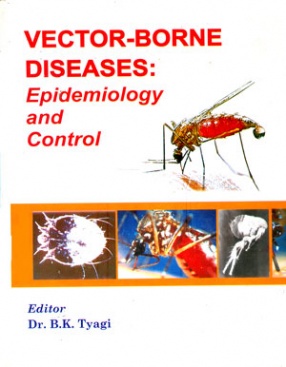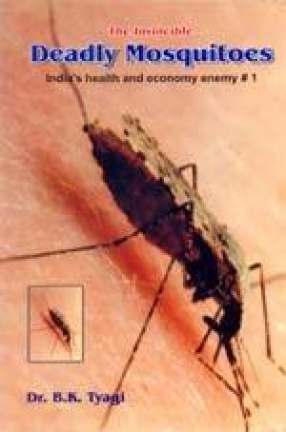Vector-Borne Diseases: Epidemiology and Control
Vector-borne diseases (e.g., malaria, filariasis, dengue, chikungunya, Japanese encephalitis, yellow fever, leishmaniasis etc.) are today one of the major causes of human suffering, both in terms of increasing morbidity/mortality and stunting intellectual/economic growth. No country, whether in tropics or temperate and developed or underdeveloped, is spared from their devastating impacts. The global disease burden is nearly unfathomable and there is a necessity to ponder over this issue for developing successful mitigation and response strategies. This book, Vector-Borne Diseases: Epidemiology and Control, explores in a unique way several biological and ecological phenomena of vector-borne diseases in context with their impact on human health and economy, in addition to update our knowledge on emerging regional and global vector-borne disease scenarios, public and animal health preparedness to enhance prevention, control, and therapeutic measures by employing scientific and technological advances through integrating available as well as innovative strategies to address current and future threats. This proceedings book of the eighth Int. Symp. of Vectors and Vector-borne Diseases is comprising 35 highly specialized articles on varied subjects presented in a lucid language and will hopefully serve a good purpose to all the researchers, university/medical college UG/PG students, general public health enthusiasts/stakeholders and government officials who yearn to be updated on the subject of vector-borne diseases and are in some way or other contributing their bit towards elimination or control of these diseases.
Get it now and save 10%
BECOME A MEMBER











Bibliographic information